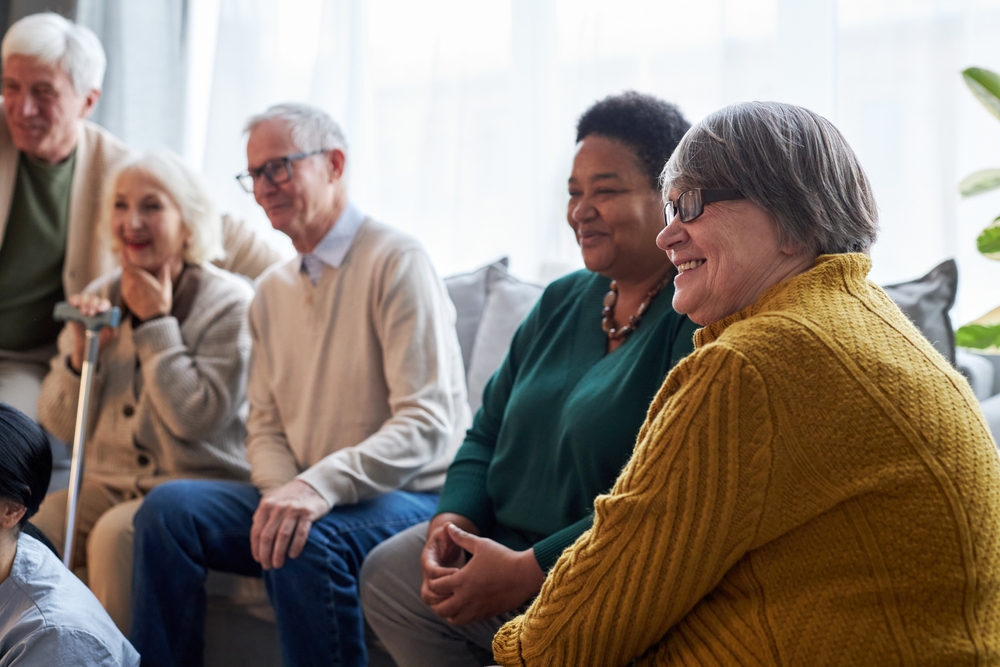What is Gerontology and Geriatrics?
Category:

What is Gerontology and Geriatrics?
It’s easy to mix up gerontology and geriatrics. At first glance, it might even sound like they’re the same thing. Both involve seniors and are among the most important fields in modern medicine. But there is a big difference, and understanding more about it may help you learn how to better take advantage of specialized medical care.
By 2050, the US Census Bureau predicts roughly one in five Americans will be 65 or older. Currently, that figure is closer to one in twelve. As more and more people are entering their golden years, the United States finds itself in the midst of a growing shortage of care specialists focused on the elderly.
As a result, an increasing number of seniors are likely to get the majority of their care from their primary care provider. For any nation with a growing population of senior citizens, care providers are facing a number of unique and growing challenges, including the need for more specialization in treating this age group. And since our bodies work differently as we age, the field of geriatrics and gerontology were created.
Geriatrics
What is geriatrics? It’s essentially the field of medicine dedicated to providing care for the elderly. Geriatricians are physicians who have special training to better understand the unique needs of older adults, which is why they typically prescribe care for adults 65 and older.
It’s no secret that seniors often need treatment for a variety of different conditions. Having several conditions that require treatment can add complexity to an already difficult puzzle. Some seniors can become particularly challenging to diagnose, or treat, as the symptoms and side effects from previously existing conditions begin to mask other problems.
In the home, geriatric training can help caregivers to take on a number of common challenges related to treating seniors, like having patients who struggle to follow outpatient instructions, keep future appointments, or properly handle prescription dose schedules.
Geriatric doctors have even further specialties. Some might focus on pain management, physical therapy, nutrition, oncology, general surgery, nursing, or many other areas. For instance, a geriatric psychiatrist is a doctor trained to identify and treat mental health problems among older adults. This is just one example in a field full of highly-trained specialists.
Gerontology
If that’s geriatrics, then what is gerontology? A gerontologist studies the problems of aging from a broader perspective. Not only our medical issues, but all the various problems faced by seniors and the elderly.
For example, a gerontologist might study the relationship between loneliness and the way seniors use technology, or how genetic risks can change with age. By helping establish a more comprehensive picture of these sort of problems, gerontologists allow us to direct the creation of policies and programs related to older adults.
Difference Between Gerontology and Geriatrics
To recap, what is the difference between geriatrics and gerontology? Both are involved with addressing issues related to the aging process, but while geriatric professionals provide immediate care for older adults, gerontologists are focused on studying the aging process in general.
You could think of the difference as being a top-down approach versus a bottom-up approach to helping seniors. One’s a doctor who treats problems people are having today. Another is a professional who studies how to create more effective treatments tomorrow.
In other words, geriatricians and gerontologists are people who work to make life a little better for your older loved ones. It’s important to have a good understanding of these fields because having the care of specialists can make a world of difference for the seniors who need that care the most.
Subscribe
Date: 2019-04-09
Category:


